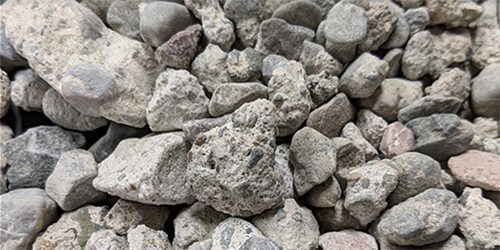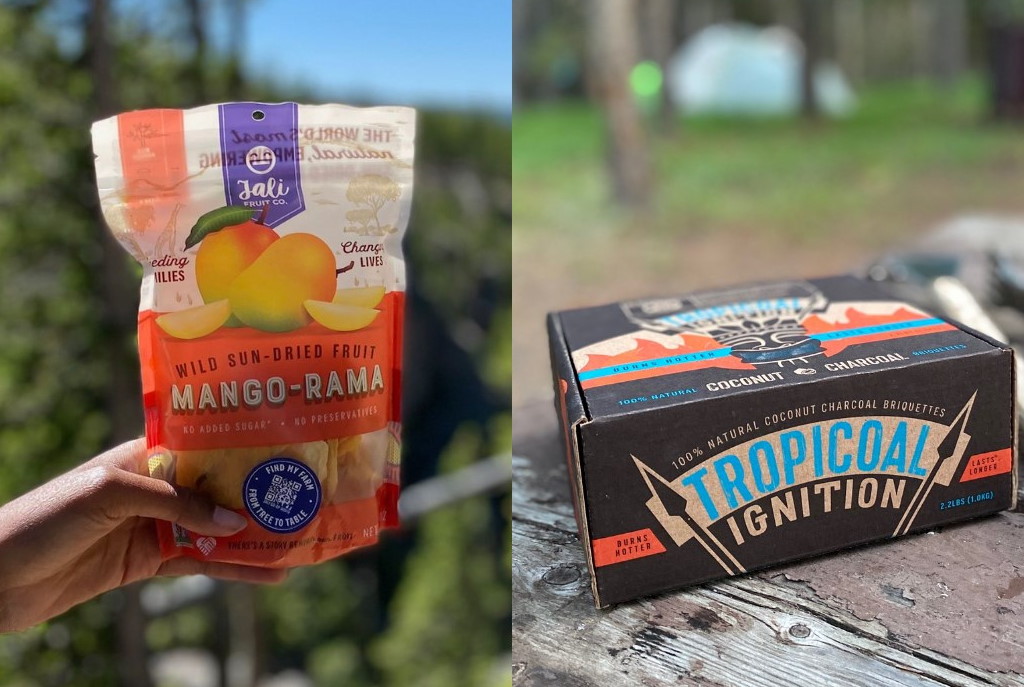New Week, New Edition 📰
This week we found an awesome newsletter that gives you a short and sweet science news and analysis right in your inbox.
Important, Not Important covers everything from Climate to Asteroids…It’s pretty awesome. They have the awards to prove it, having been nominated 4 times for a Webby Award.
Check it out and let them know we sent you!
Subscribe to them here.
In Your Inbox: Turning CO2 into Gravel and other building materials;

Let’s say you’ve figured out how to suck CO2 right out of the air (Bill Gates has invested in a few companies that have).
What are you going to do with that captured CO2?
Pipe it right back into the earth or maybe turn it into materials that we can use to build modern infrastructure? That’s the concept behind Blue Planet Systems. They’ve gone ahead and created a proprietary process that creates building materials from CO2.
This past week it was announced that Chevron invested into Blue Planet Systems.
Carbon capture technologies is an emerging market in the cleantech space that needs to be watched as it is likely to be instrumental in enabling a future that actually results in a world where our climate crisis has been avoided.
The repurposing of captured CO2 will likely be the catalyst to accelerated growth in this industry.
Sign up for The Impact and learn the perspectives behind the latest sustainability trends

Agricycle recently won FoodBytes! Pitch 2020 with their vertically integrated portfolio of ethically sourced and upcycled CPG brands with the mission of eliminating extreme rural poverty through market-based solutions. The team gratefully shared more information on their business and impact.
Josh, the CEO and Founder of the Agricycle, was an engineering student in 2015 when he started a school project in the Blue Mountains of Jamaica to create dehydrators for the purpose of transforming food waste into products. The farmers there said the technology was great, but it was not actually a solution they were looking for – the project was taking waste of product and making it into another product they couldn’t do anything with. Josh then recognized a viable solution would need to have not only this component of preservation technology, but also market linkage.
Agricycle brings to light the challenges smallhold farmers face. By innovating on the supply chain and business model, Agricycle is helping smallhold farmers get more value from their produce. As the circular economy trend grows, new businesses will get creative with business models in order to bring new technologies to market and have environmental and social impact.
Writers: Swarnav S Pujari, Daniel Kriozere
If you aren’t absolutely thrilled with The Impact, reply and let us know why. Or you can unsubscribe from all updates by clicking here.
Copyright © The Impact 2021. All Rights Reserved || 19 Morris Ave, Bldg 128, Brooklyn NY 11205
Develop your market map of up-and-coming climate startups and market opportunities by subscribing to our weekly newsletter for free.